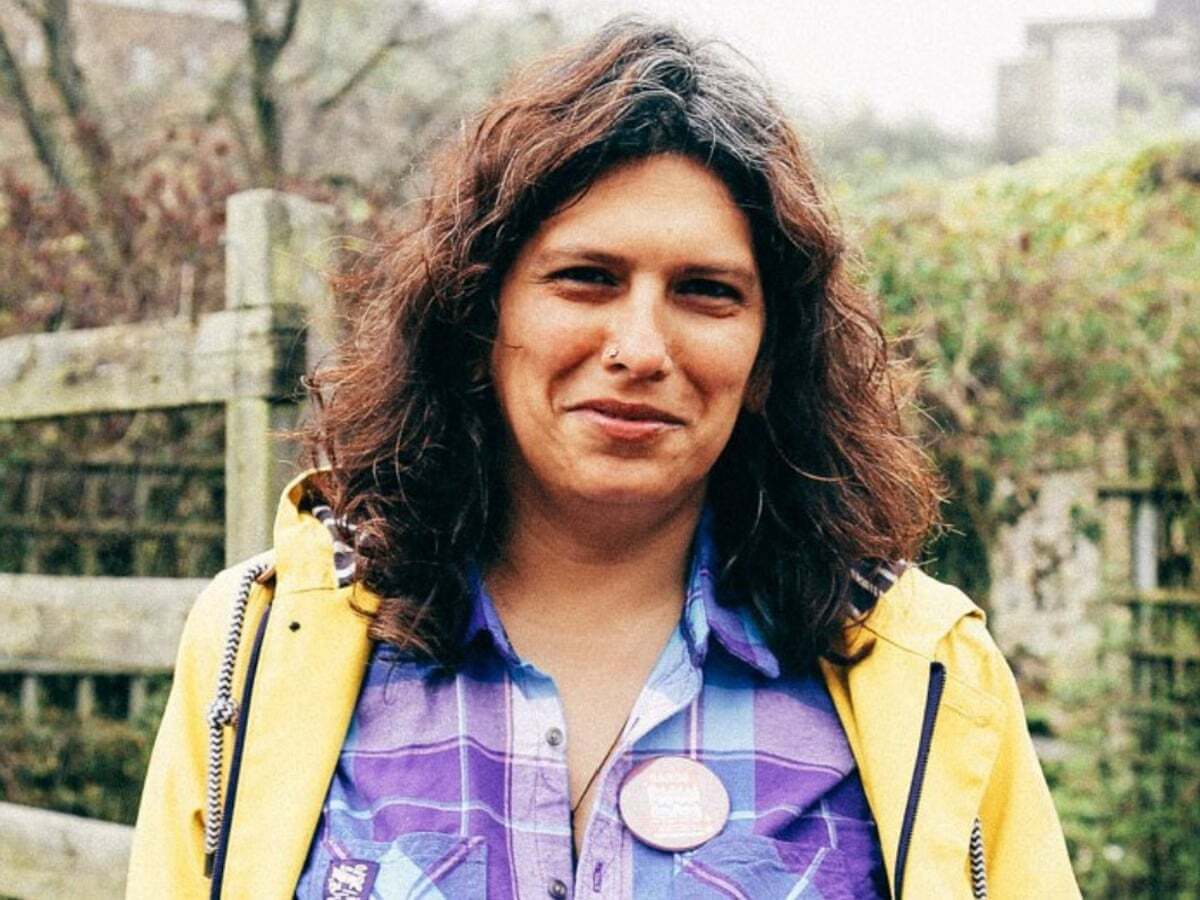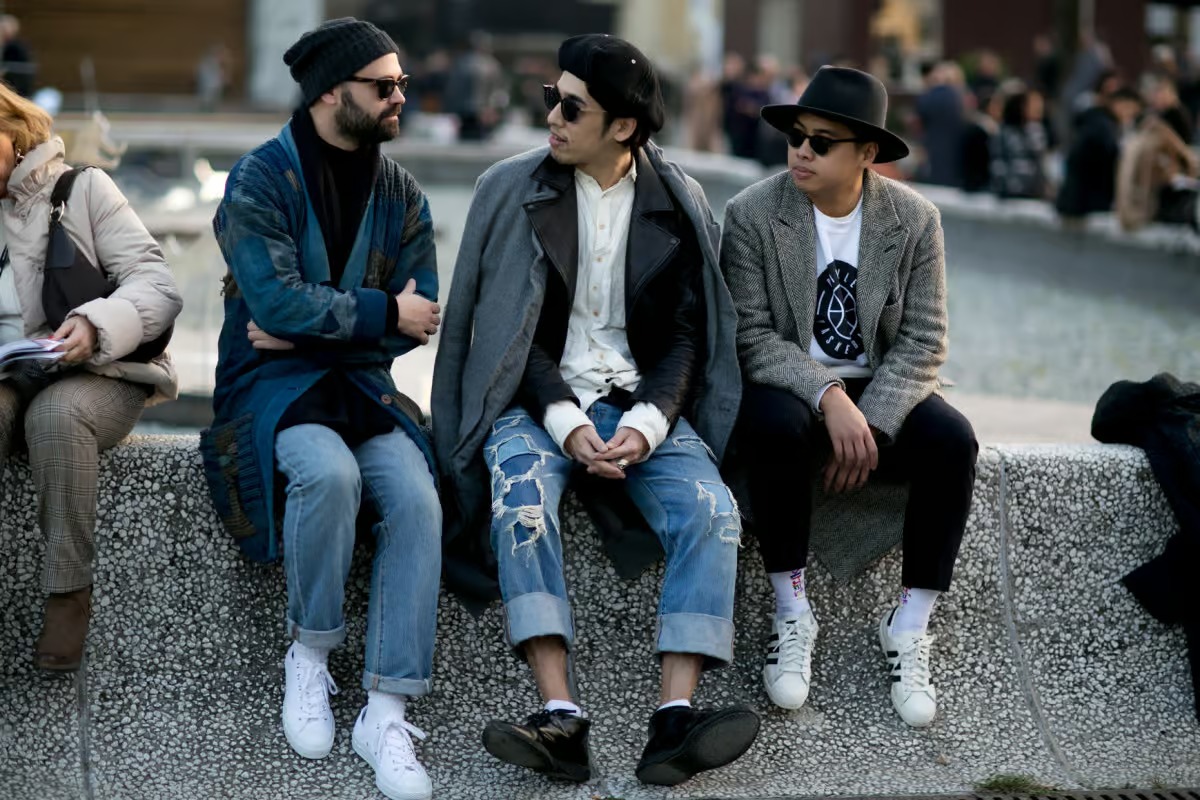
Who is Mridul Wadhwa? Mridul Wadhwa is a passionate advocate for gender-based violence survivors and LGBTQ+ rights. Born in India, she grew up in a culturally diverse environment that shaped her inclusive worldview. Transitioning as a trans woman, she faced numerous societal challenges but emerged resilient. Her career in Scotland's gender-based violence sector began in 2004, leading to her role as CEO of the Edinburgh Rape Crisis Centre (ERCC). Despite her impactful work, she resigned in 2024 due to sustained attacks from anti-trans campaigners. Mridul's journey is marked by advocacy, controversy, and unwavering support for marginalized communities.
Key Takeaways:
- Mridul Wadhwa's diverse heritage and early life in India shaped her resilience and dedication to advocating for gender-based violence and LGBTQ+ rights, despite facing significant challenges.
- Mridul's intersectional approach to support services and community engagement has been crucial in providing comprehensive support to survivors of sexual violence, leaving a lasting impact on the field of gender-based violence and LGBTQ+ rights.
Early Life and Background
Mridul Wadhwa's journey is a compelling story of resilience and advocacy. Her early life and background provide a foundation for understanding her dedication to gender-based violence and LGBTQ+ rights.
- Mridul Wadhwa was born in India and grew up in Pune, a city known for its cultural and religious diversity.
- Her childhood was marked by an interfaith environment, with a synagogue, a Zoroastrian Fire Temple, an Imambara, a small temple, and a Catholic shrine all located on her street.
- Mridul's family has a history of migration. Her mother is of Russian, Iranian descent, and her father is Sindhi.
- This diverse heritage has shaped her perspective on identity and community.
Transition Journey
Mridul's transition journey is a testament to her resilience and determination, navigating significant challenges in traditional Indian society.
- Mridul identifies as a trans woman.
- She began her transition journey at a young age, facing significant challenges in traditional Indian society.
- Her journey is a testament to her resilience and determination.
Career in Gender-Based Violence Sector
Mridul has been a key figure in the gender-based violence sector since 2004, advocating for the rights of women, trans individuals, and non-binary people.
- Mridul has been working in the gender-based violence sector since 2004.
- She has been a key figure in Scotland, advocating for the rights of women, trans individuals, and non-binary people.
- Mridul was the Chief Executive Officer (CEO) of the Edinburgh Rape Crisis Centre (ERCC).
Challenges and Controversies
Mridul's tenure at ERCC was marked by significant challenges and controversies, particularly surrounding her comments on the Guilty Feminist podcast.
- In 2024, Mridul resigned from her position as CEO of ERCC due to sustained attacks by anti-trans campaigners.
- The campaign was fueled by controversy surrounding her comments on the Guilty Feminist podcast.
- An independent report commissioned by Rape Crisis Scotland (RCS) criticized Mridul's comments.
- The ERCC faced significant challenges during Mridul's tenure, including legal battles related to sex and gender discrimination.
Advocacy for Marginalized Communities
Mridul has been a strong advocate for marginalized communities, particularly women and trans individuals, focusing on providing support to those who have experienced physical, mental, and sexual abuse.
- Mridul has been a strong advocate for marginalized communities, particularly women and trans individuals.
- Her work has focused on providing support to those who have experienced physical, mental, and sexual abuse.
- Mridul has been involved in discussions about intersectional inclusion in rape crisis services.
- She believes that these services should be inclusive of all genders, while also addressing the specific needs of each group.
Personal Life and Relationships
Mridul's personal life and relationships have also played a role in her advocacy work, providing a deeper understanding of the challenges faced by marginalized communities.
- Mridul is in a relationship with Arun Gopinath, who was a director of SACRO until March 2024.
- SACRO received a £1.4 million contract to replace Monklands Women’s Aid, which had its funding withdrawn due to its female-only policies.
- The awarding of the £1.4 million contract to SACRO was controversial.
- Many felt that SACRO was not a specialist in domestic violence and was not local to the Lanarkshire area.
Criticism and Leadership
Mridul faced criticism for her leadership style, particularly from those who felt that she did not adequately protect single-sex spaces.
- Mridul faced criticism for her leadership style, particularly from those who felt that she did not adequately protect single-sex spaces.
- Some argued that she was not qualified for the position and that her comments were damaging to survivors.
- Before her appointment as CEO of ERCC, Mridul was an SNP activist.
- She supported marginalized women and was involved in various political activities.
Legal Status and Gender Recognition
Mridul's legal status and lack of a Gender Recognition Certificate (GRC) have also been points of contention, particularly among anti-trans campaigners.
- Mridul does not have professional qualifications in the field of gender-based violence.
- Her appointment as CEO was controversial due to this lack of qualification.
- Mridul does not have a Gender Recognition Certificate (GRC).
- This has led to some questioning her legal status and gender identity, particularly from anti-trans campaigners.
Advocacy and Public Perception
Despite the challenges and controversies, Mridul remains a strong advocate for marginalized communities, receiving support from the LGBTQ+ community and feminist organizations.
- Mridul has expressed disappointment with the single-sex provisions allowed for in the Equality Act 2010.
- She believes these provisions are discriminatory against trans women.
- Mridul has been criticized for siding with Jonathan Yaniv, a serial litigant involved in various controversies related to trans rights.
- Mridul has faced criticism for discussing whether rape victims experience orgasm.
Intersectional Approach and Community Engagement
Mridul's intersectional approach to support services and community engagement has been crucial in providing comprehensive support to survivors of sexual violence.
- Mridul has advocated for reframing trauma to make it more inclusive and challenging for discriminatory beliefs.
- Mridul believes that therapy is political and should challenge discriminatory beliefs.
- Mridul advocates for an intersectional approach to support services, ensuring that they are inclusive of all genders while addressing the specific needs of each group.
- Mridul has been actively engaged in community advocacy, working closely with various organizations to promote the rights of marginalized communities.
Legacy and Future Plans
Mridul's legacy extends beyond her role at ERCC, with her advocacy having a significant impact on the field of gender-based violence and LGBTQ+ rights.
- Mridul’s personal resilience and determination have been crucial in her advocacy work.
- While Mridul has resigned from her position at ERCC, she continues to be actively involved in activism.
Mridul Wadhwa's Impact and Legacy
Mridul Wadhwa's journey is a testament to resilience and advocacy. From her early life in Pune, India, to her significant role in Scotland's gender-based violence sector, she has faced numerous challenges head-on. As a trans woman, her personal experiences have fueled her dedication to supporting marginalized communities, especially women and trans individuals. Her tenure as CEO of the Edinburgh Rape Crisis Centre was marked by both achievements and controversies, reflecting the complexities of her work. Despite facing criticism and legal battles, Mridul's commitment to intersectional inclusion and LGBTQ+ rights remains unwavering. Her advocacy against conversion therapy and for inclusive support services has left a lasting impact. Though she resigned from ERCC, her legacy continues to inspire many. Mridul Wadhwa's story is one of courage, determination, and an unyielding fight for social justice.
Frequently Asked Questions
Was this page helpful?
Our commitment to delivering trustworthy and engaging content is at the heart of what we do. Each fact on our site is contributed by real users like you, bringing a wealth of diverse insights and information. To ensure the highest standards of accuracy and reliability, our dedicated editors meticulously review each submission. This process guarantees that the facts we share are not only fascinating but also credible. Trust in our commitment to quality and authenticity as you explore and learn with us.


